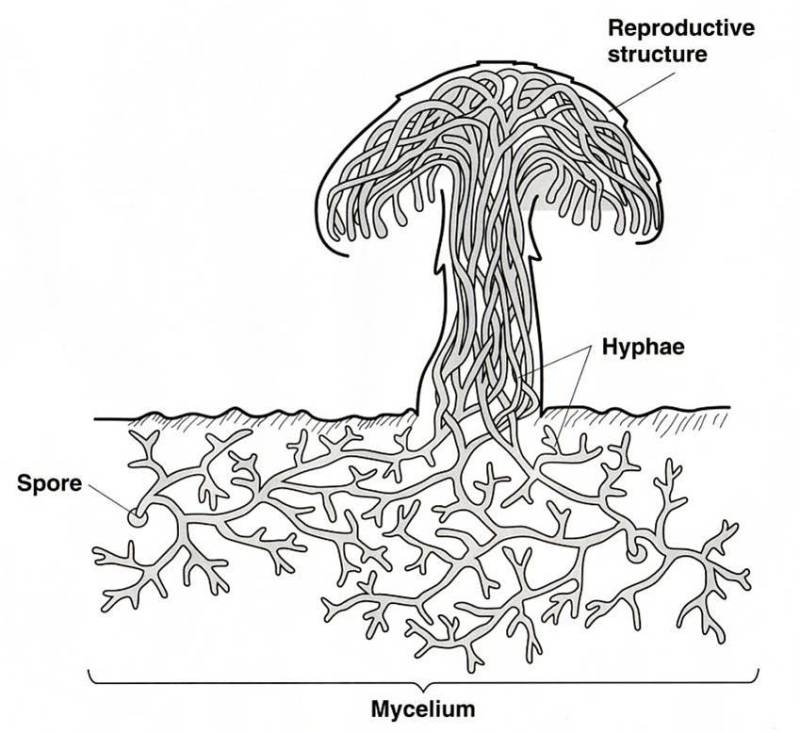Plural or Not?
Been thinking about this lately: Some words don’t have plurals, or they are both singular and plural.
A lot of abstract nouns, for example, don’t have plurals, such as many words that end in -tion. You never say “informations” unless English is your second language. Same for “consternation.” Of course (like about everything else in English) we can find exceptions pretty easily. “Constellation,” a putting-together of stars, is clearly a singular, and “exception’s” plural is in the sentence before this one (Did you notice it?)
Here’s a word that looks singular, but it’s plural, and it doesn’t have a singular: police. If you want singular, you need “policeman.” “Police” doesn’t feel like a collective noun (such as “majority,” “gaggle,” “herd,” and “team,” but maybe it is. Except you can use singular verbs with those collective nouns, but you have to use a plural verb with “police.”
Not to mention “species,” which looks plural, but it’s bot singular and plural.
Ain’t English fun?
The word that started this chain of thought is the word for mushroom roots (my apologies to all you mycologists out there for that horrible misnomer), mycelium. It’s a mass noun, referring to say, a handful of the structures. If you really want to make it a clear plural, you can say “mycelia,” but you don’t have to, and the mushroom experts generally don’t, as far as I can tell. However! if you manage to prise apart the tiny white strands, each one is a hypha and more than one are hyphae.
Put that in your pipe and smoke it—wait!
A picture, gleaned from Emaze.


It’s a mass noun, referring to say, a handful of the structures. If you really want to make it a clear plural, you can say “mycelia,” but you don’t have to, and the mushroom experts generally don’t, as far as I can tell. However! if you manage to prise apart the tiny white strands, each one is a hypha and more than one are hyphae.
You never say “informations” unless English is your second language. Same for “consternation.” Of course (like about everything else in English) we can find exceptions pretty easily.